NeoGenomics is one of the premier oncology diagnostic laboratories in the U.S. with a network of laboratories across the country. They offer a broad array of diagnostic, prognostic, and predictive testing to help pathologists and oncologists determine the best treatments for patients with cancer.
The Challenge
NeoGenomics was growing rapidly, and their existing system was proving to be inadequate in handling the increased data load. Improving the system was made complicated by the fact that their labs were located in multiple states and each lab had different equipment, different testing methodologies, and staff with different types of expertise.
Their molecular pathology testing in particular posed significant challenges. Testing these specimens generated an enormous amount of data, and both the workload and the data management requirements were straining their system. The volume of testing had become so large that they had to subcontract some work to other laboratories. Subcontracting put NeoGenomics at risk of losing clients who preferred that all the tests they ordered be done at the same location.
NeoGenomics wanted to overhaul its existing Laboratory Information Management System (LIMS) to streamline the molecular pathology test processes. Furthermore, they hoped to improve system capacity, improve test turnaround time, and ensure flawless specimen tracking and management at all locations. But modifying their existing Laboratory Information Management System was complicated by the fact that NeoGenomics handles a broad array of other tests. Any improvements had to have a neutral or positive impact on other testing processes.
The Solution
The Technossus team generated enormous savings for NeoGenomics by focusing on workflow capacity. Working with the lab management, the team completely overhauled and streamlined the molecular pathology testing process.
The system improvements included a batching process that allowed technicians to quickly scan hundreds of samples, reducing the scanning time for each batch from minutes to seconds. Because one specimen could be used for multiple tests, a critical part of this new process was the logic that Technossus built into the system to distribute and track both the physical samples and the data generated by the sample processing and testing.
The system changes that allowed the NeoGenomics staff and their clients to track the physical location of each sample at all times were critical to the company’s growth. Without this capability, it would have been difficult for NeoGenomics to expand its operations without introducing some risk of errors or lost samples, which could have had catastrophic effects in terms of both safety and financial liability. But the system improvements introduced by Technossus allowed the lab to operate more efficiently even while increasing its testing volume. And the transparency with respect to the location and status of each sample gave their customers even greater confidence in the quality of NeoGenomics services.
The Results
NeoGenomics testing productivity rose by 32% after the completion of the Technossus project. The system improvements, streamlined operations, and improved safeguards against errors allowed NeoGenomics to greatly expand the volume of testing done at their existing locations without significant addition of staff or equipment. Testing outsourcing also dropped by 99%, which improved customer satisfaction as well as contributed significantly to NeoGenomics improved profitability. Finally, NeoGenomics’ improved cash flow allowed the company to buy their main competitor, Clarient, Inc. from GE. NeoGenomics is now regarded as one of the premier oncology laboratories in the US.

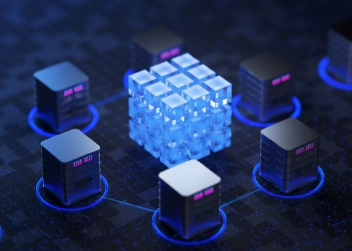
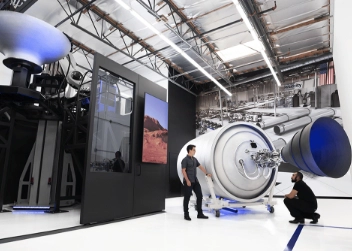

 Trusted by Leading Brands
Trusted by Leading Brands
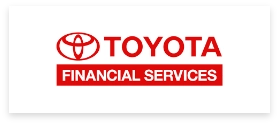
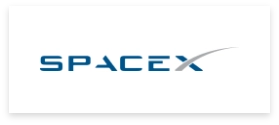
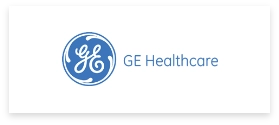
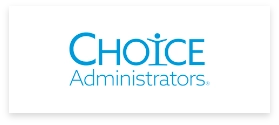
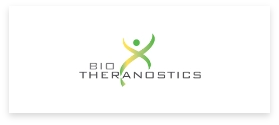
 Ready To Get Started
Ready To Get Started
